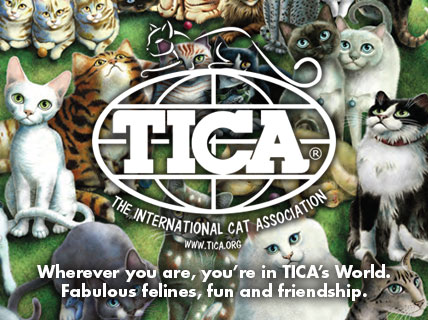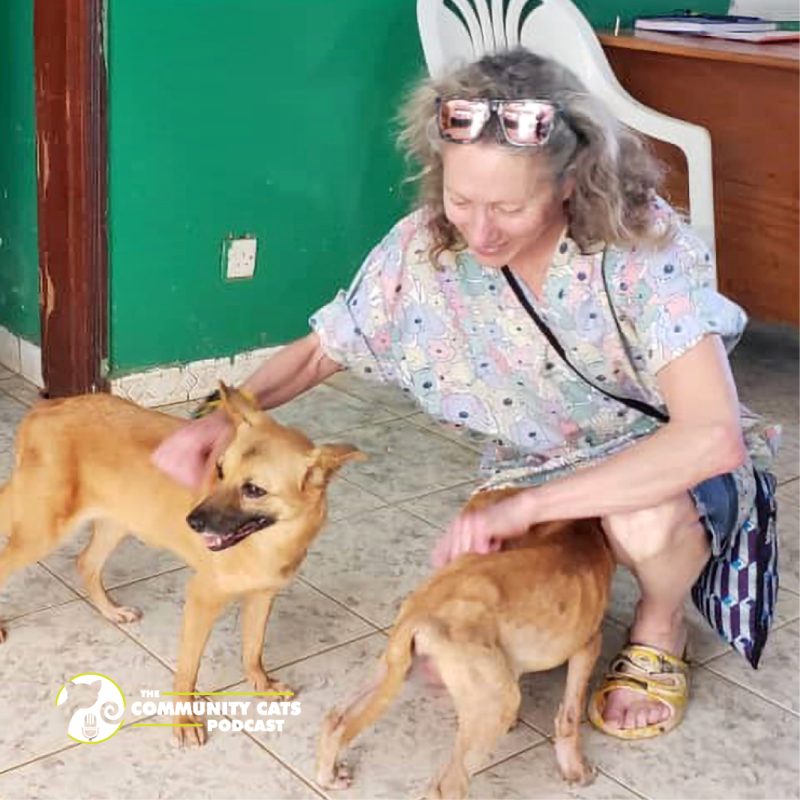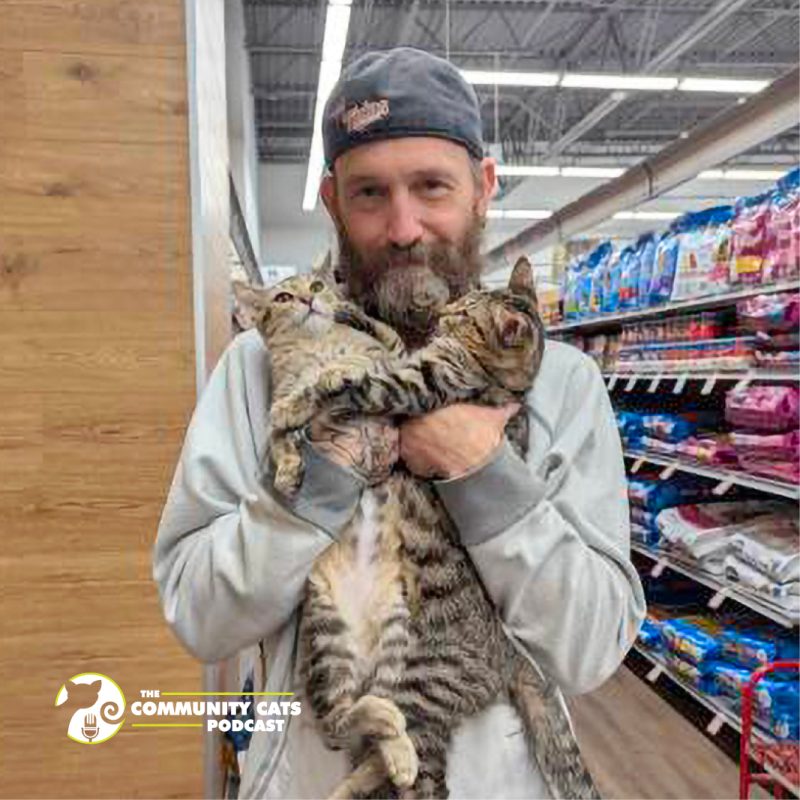
Community Cats Sentiment Survey- A Summary
September 9, 2018
Fall Fundraising Tips and Strategies
September 16, 2018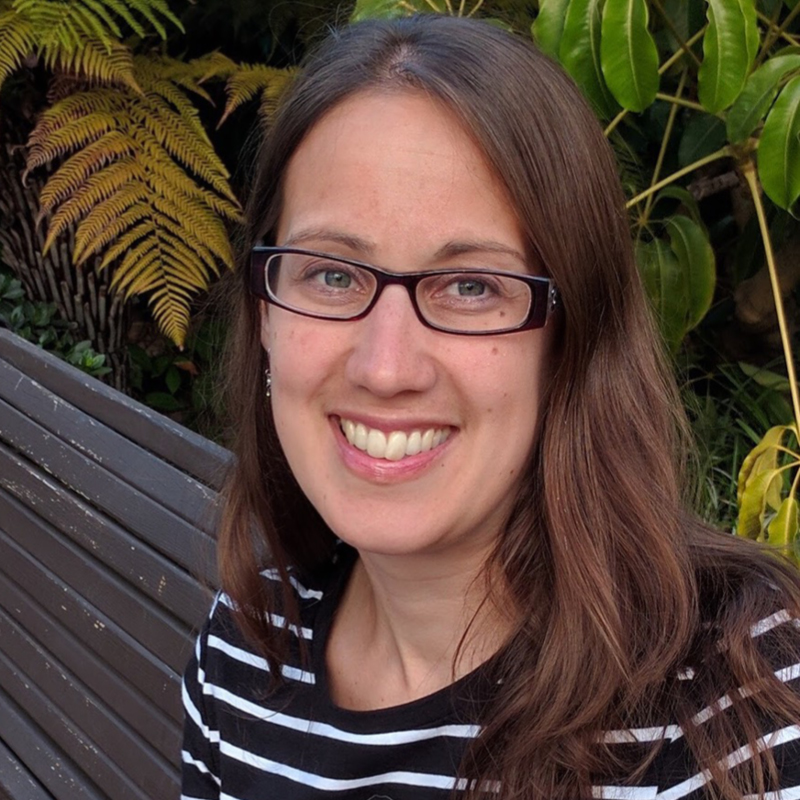
“We’re not going to solve this problem on our own … we have to team up, we have to get together with our community members … to solve this problem.”
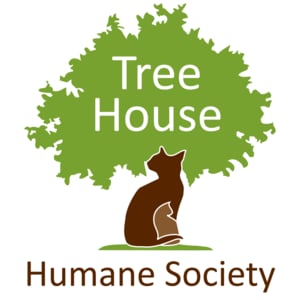 Darlene Duggan, the Director of Operations at Tree House Humane Society in Chicago, holds a master’s degree in public health and epidemiology. Darlene originally planned to be a doctor, but just as she getting ready to go to medical school, she realized that the thing she enjoyed the most in her life was volunteering at an animal shelter. She decided to apply her knowledge and talents to the animal welfare field, and the rest is history—nearly fifteen years of history at various animal welfare organizations in the Chicago area.
Darlene Duggan, the Director of Operations at Tree House Humane Society in Chicago, holds a master’s degree in public health and epidemiology. Darlene originally planned to be a doctor, but just as she getting ready to go to medical school, she realized that the thing she enjoyed the most in her life was volunteering at an animal shelter. She decided to apply her knowledge and talents to the animal welfare field, and the rest is history—nearly fifteen years of history at various animal welfare organizations in the Chicago area.
Darlene’s current organization was founded in 1971, and at the time, it was one of just a few cat-only shelters in the country, and one of an ever fewer number of cageless ones. Tree House has always been progressive in their thinking and structure, and they are well known on a national level for the work they do. In the early 2000s, Tree House ramped up their community cat efforts when they realized that too many shelters were having to choose between euthanizing feral cats and attempting to socialize them. Tree House chose to focus on the idea of keeping community cats in the community, rather than forcing them into the shelter environment.
Since that time, their programs for community cats have expanded greatly to include a “Cats at Work” program for cats who must be relocated for safety reasons. The cats are paired up with people and businesses battling rat problems, creating a win-win for everyone (except the rats, of course!).
Darlene feels that the future of community cat programs will be dependent on partnering with other community organizations and social service agencies. She feels that there is a real opportunity for animal welfare folks to take their place at the table of social services offered in the community.
To help with this effort, Tree House is launching a major data collection project this fall in Chicago. Their goal is to go block by block through the city, knocking on doors and asking questions to get a feel for what each block and community’s cat count is, and what their community cat challenges are. Tree House will then start mapping what social service providers, churches, schools, etc. are in each neighborhood, seeing what access both people and cats in the neighborhood have to services, and also noting things like population density, types of homes, number of businesses in an area, etc. They will look at how all of those things inform what’s happening with the cat population in each area—and then use that data to think about what kind of broader solutions Tree House and other animal welfare groups can bring to the city on a larger scale.
As Darlene tells us, “This next generation of animal sheltering, specifically for cats, has to start reaching into the community cats level, and we have to start considering what services … we could bring into the field for these cats … traditional animal sheltering methods are not going to serve most of the community cats population.”
To learn more about Tree House, visit treehouseanimals.org, or pick up a copy of Community Cats: A Journey into the World of Feral Cats by Anne Beall, which talks about Tree House’s Cats at Work program.

